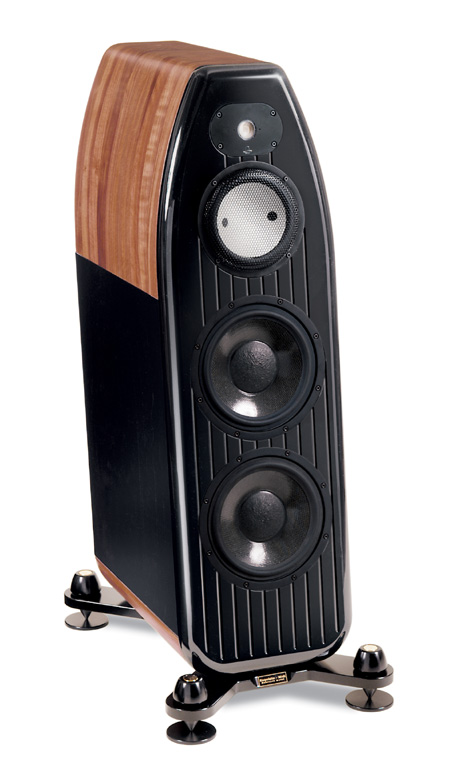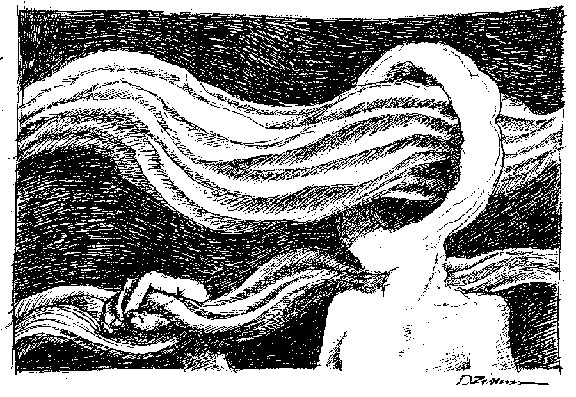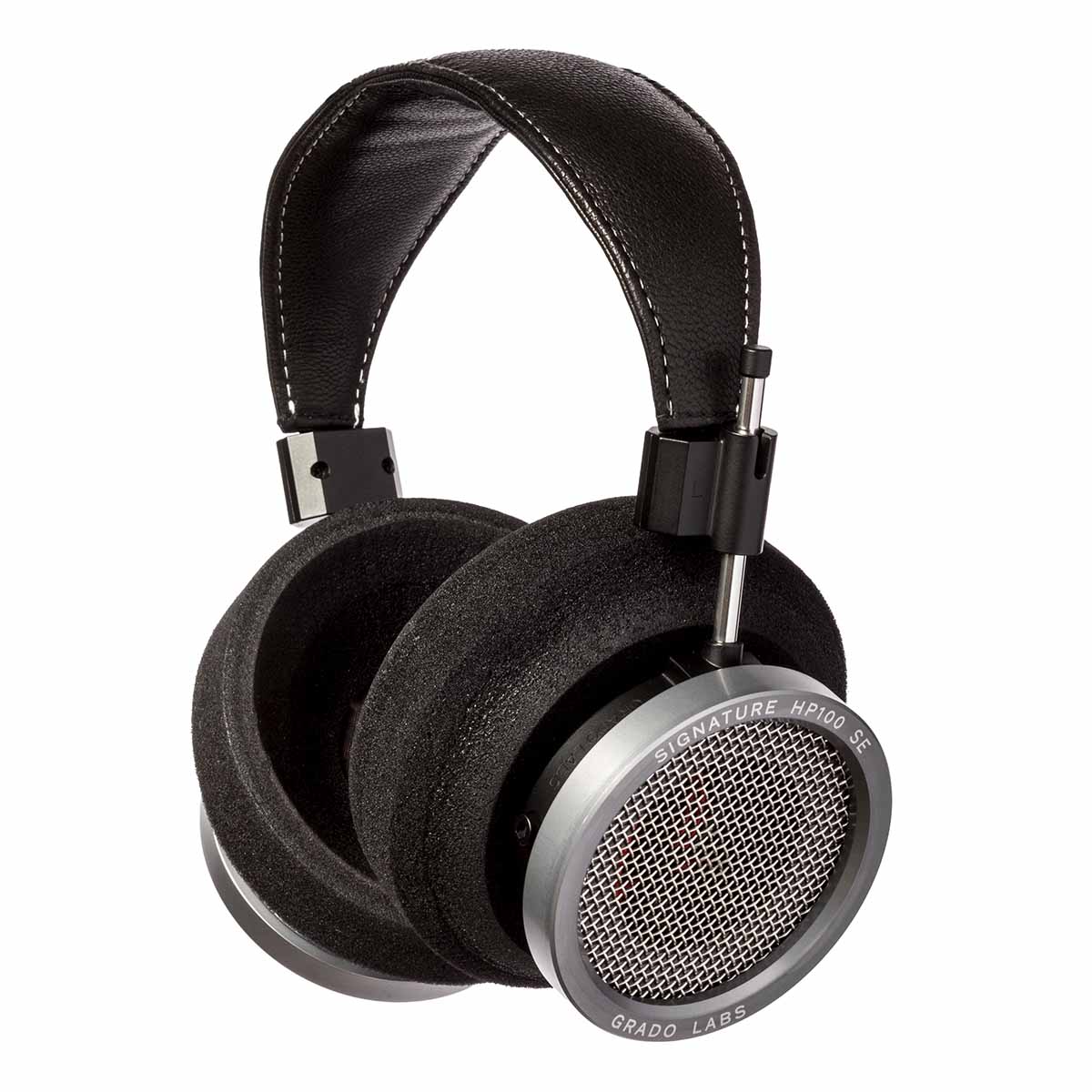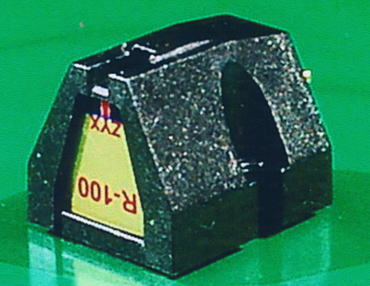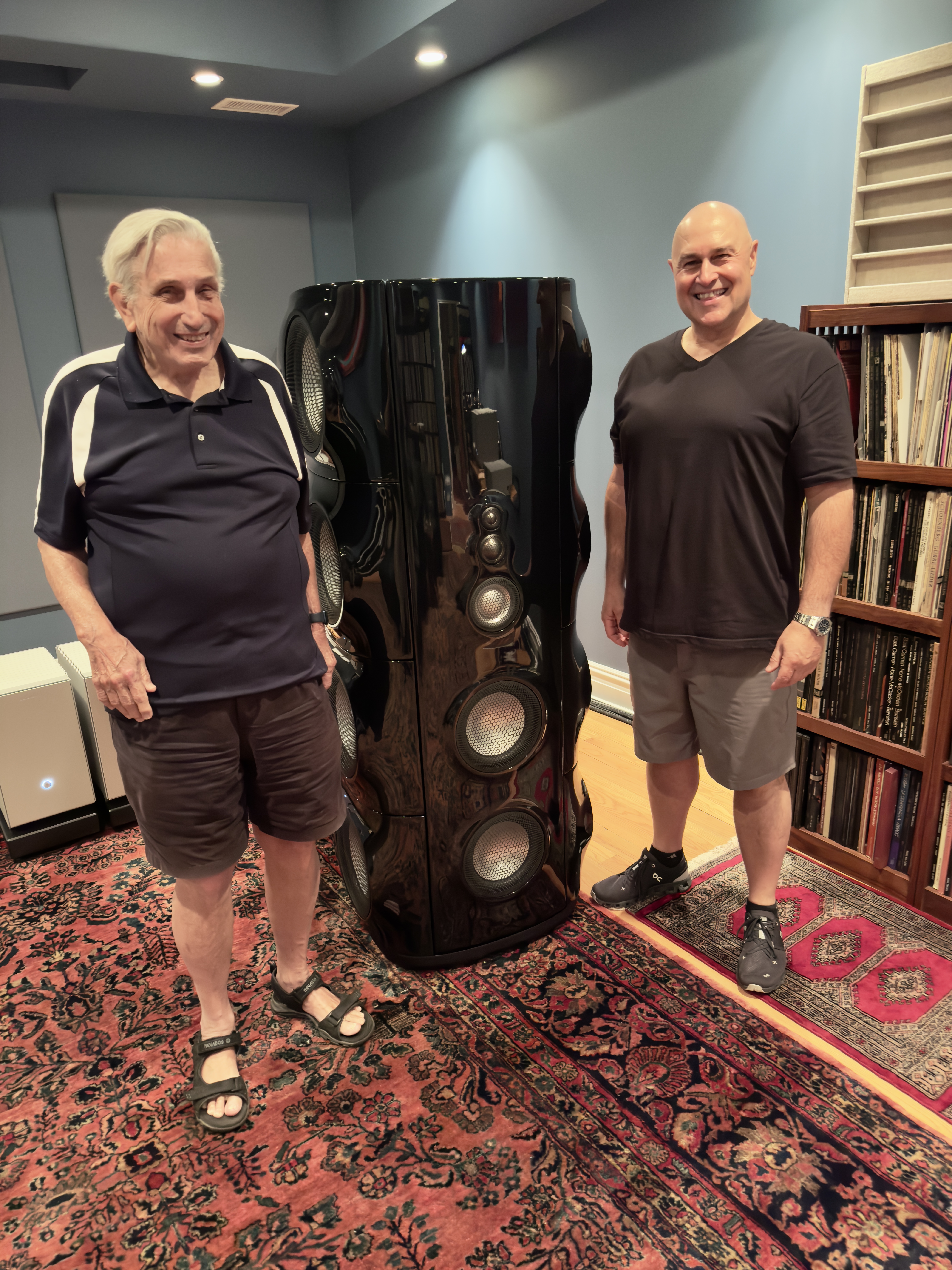Lou Hinkley of Pacific Audio Fest
Lou Hinkley is the owner of Daedalus Audio and a partner with Gary Gill in PAF and the new Southwest Audio Fest in the Dallas, TX area of the USA. In this essay he shares his thoughts about high-end audio and audio shows.
"It was the best of times it was the worst of times..."
Well, maybe I wouldn't go that far, but the world certainly is crazy, while audiophiles are having it pretty damn good.
There are more small businesses and brilliant people producing high end audio than ever, and pretty much every region of the country has a serious high-end audio show. And around the world, very many countries could say the same. Me, I'd say that's very cool...if you're an audio geek. (Guilty!)
Back in the ‘80s and ‘90s almost all audio events were for the industry only, enormous dog-and-pony conventions where you couldn't hear much, but everything looked really choice. Yes, there were a couple of consumer shows, primarily run by the major audiophile print mags, plus Comdex/CES, but none of them really caught on with the audiophile public. As a disclaimer: I didn't have any first-hand experience of these in the '80s, as I was too busy building houses and raising a small child, but that's another story.
In the '90s I was working in the audio pro world, showing at NAMM and music festivals while I was becoming more aware of developments in the audiophile world. For those who might be unaware, NAMM (National Association of Music Merchants) is a huge show much like CES, where you can "see" pretty much everything in the industry, But there are very few exhibits where you can actually "hear" anything. These shows are really quite the experience, and if some January you find yourself in Anaheim I suggest you check it out. As a bonus, Disneyland is pretty much directly across the street!
The problem for an audiophile consumer is that these conventions don't take the place of a "showroom" experience. That is the realm of brick-and-mortar stores and consumer audio shows. Today's reality is that there are fewer brick and mortar stores selling high-end audio now than there were thirty years ago, so for most people consumer audio shows are the only way they get to actually hear the goods.
The first high-end consumer audio show that I'd heard of was Richard Beers' show in Las Vegas. It was a small show he started in the late 90's right next door to the site of CES's high-end hotel, a quirky, cool show, and very much a labor of love.
The next show that turned up on my horizon was the Rocky Mountain Audio Fest (RMAF) in 2004. This show was ostensibly an offshoot of the Vacuum State of the Art Conference (VSAC) DIY shows which was held in Silverdale, WA, but that site was obscure and too far off the beaten track to appeal to larger numbers of audiophiles. RMAF is the one that really made consumer audio shows in the USA a solid fixture of the industry. Marjorie Baumert and Al Stiefel brought that baby into the world in taking RMAF on, and Marjorie did an amazing job of growing it and making it successful for over a decade after Al passed away. They, plus the Colorado Audio Society, set the standard for how to run a show and treat people well. We all owe a lot to them, especially Marjorie. They showed us that you can run a show with heart and soul, plus that you can be successful while still caring about everyone.
The bottom line is that these shows became more about the family which we build of friends who share a passion for music than they were about the gear. That really came home during the COVID years, when we had no shows for two years. I heard no one complain about not perusing rooms of gear, yet everyone I spoke with missed the camaraderie and the friends they usually see at shows.
For me that was an eye opener as to what these shows are about. Like most things, it's complicated.
In today's world of internet-based purchasing and direct sales, consumer audio shows have become a necessity. In addition to auditioning dozens of rooms of high end gear, people who attend these shows are looking for fun and a chance to hang with their friends in audio.
The question is, do really huge shows actually satisfy anymore? Times do change of course. Twenty years ago people were more comfortable flying around the country, and one or two big shows a year worked. These are different times now, and most people just don't want to cram into a plane for six hours. (Thanks, airlines!) Smaller, regional shows make a lot of sense. Another option would be a big show that focused on making the experience fun. So far that hasn't happened, but who knows?
Another change is the explosion of companies making hifi and marketing on the internet. And consumer audio shows are the best way for them to get a taste of all this great gear. Right now, what we have are a plethora of great companies and a full range of regional shows. Seems like all is good!
Sure, but what about the exhibitors who make the gear we love? Remember, pretty much every business in high-end audio is by definition a "small business," many of them with fewer than a dozen employees. It is beyond difficult for most of them to attempt to exhibit at all the shows. Some just have a couple favorites, others have a rotating schedule, but any way that you look at this, their choice is very difficult.
Solutions?
Well, it is clear to me that regional shows are best for most people who love this hobby, but how many shows can vendors actually do? I founded the Pacific Audio Fest in 2019 in SeaTac, WA, with Gary Gill (he of Capital Audio Fest fame), and three years later we began work on a joint project, the Southwest Audio Fest. Basically we are trying to fill the need in two more regions of the country. Yet no matter how good these new starts appear to be, these new shows just add to the pressure on vendors.
One possible solution to the overcrowded calendar is that some shows became biennial instead of annual. I would hope there are other ideas that can help the vendors as well as improve accessibility for show attendees.
For my part, I will step up and make PAF a biennial show beginning in September of 2024, to see if that can be a win-win in the future.
See you at the Pacific Audio Fest in 2024 and 2026, and I hope that other show promoters will work together and find solutions so that we all win and make this truly the Golden Age for Audiophiles.





